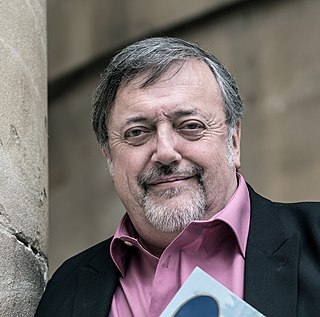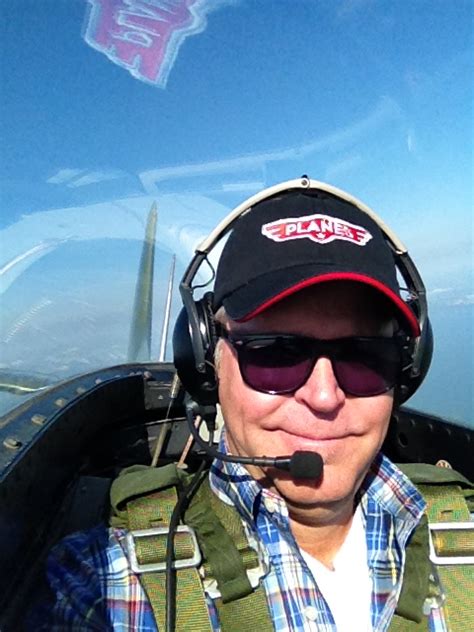A Quote by Anubhav Sinha
It may not be the best marketing thing to do but I don't like talking about my film until I have finished it.
Related Quotes
When I'm in the process of making a movie I'm not thinking about the finished result, and whether people have to see it once or more than once, and what the reaction to it will be. I just make it, and then I live with the consequences, some of which may not be as pleasant as I'd like! I know one thing, however. Many viewers may come out of the theater not satisfied, but they won't be able to forget the movie. I know they'll be talking about it during their next dinner. I want them to be a little restless about my movies, and keep trying to find something in them.
Script is not finished until it's finished. There's many times, partway through a film, when an idea comes, and I say, "How beautiful this is. This thing was not complete and look what's happened, look what's come along." And it just came along at what might be called a strange time rather than a normal time.
I was making commercials. That's how I learned the craft. That was the marketing part of it: directing commercial for TV. It wasn't the most common thing to become a filmmaker in Greece. I started by saying I was interested in marketing and have a proper job in advertising and commercials. Basically, I studied film to learn how to do marketing, and commercials. As I studied film I learned I'd be interested in making films instead of commercials.
The thing I always guard against when I'm talking to people I'm working with about a script is that there's a thing I don't like and it's called "talk story." It's when you're talking about the story; the characters are tasked with talking about the story instead of allowing the audience to experience the story.
That's what building a body of work is all about. It's about the daily labor, the many individual acts, the choices large and small that add up over time, over a lifetime to a lasting legacy. It's about not being satisfied with the latest achievement, the latest gold star, because the one thing I know about a body of work is that it's never finished. It's cumulative. It deepens and expands with each day you give your best. You may have setbacks and you may have failures, but you're not done.
The food industry is spending almost $2 billion a year marketing directly to children and teens. We know that those ads lead to children demanding certain brands, and we know that food and drink marketing gets all of us to consume more calories. If we're going to address diet-related illnesses, talking about marketing to kids is a key step. There should be places like schools that are protected sanctuaries from commercialization and from advertising, especially when it comes to kids' health.




































